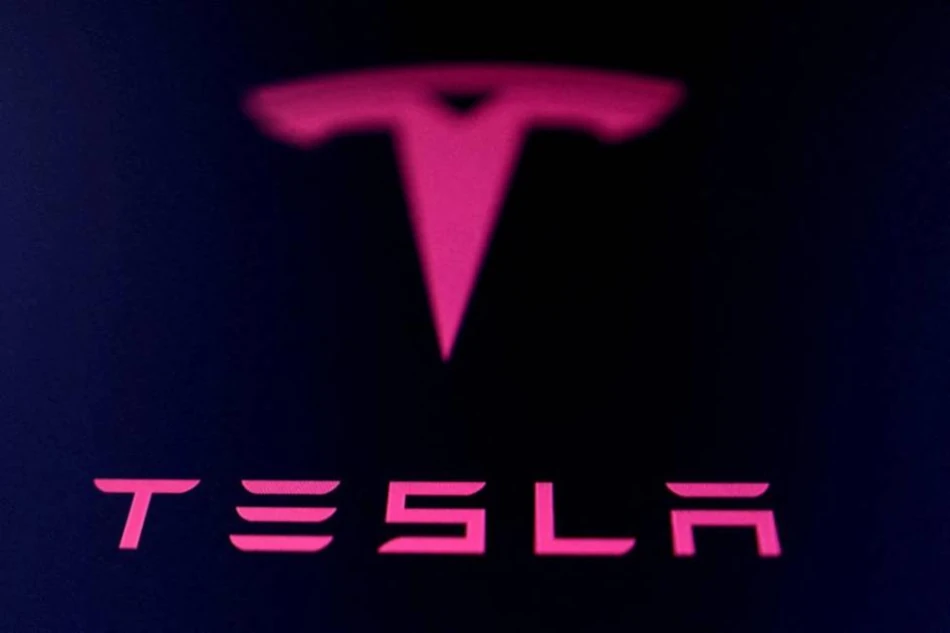
Tesla Sales Plummet 40% in Europe for Seventh Consecutive Month
Tesla's European Dominance Crumbles as Chinese Rival BYD Surges Ahead
Tesla's grip on Europe's electric vehicle market is slipping dramatically, with July 2025 sales plummeting 40% in the company's seventh consecutive monthly decline. Meanwhile, Chinese automaker BYD is capitalizing on Tesla's struggles, delivering 13,503 vehicles compared to Tesla's 8,837 units—marking a stunning role reversal in the world's second-largest EV market.
The Numbers Tell a Stark Story
According to the European Automobile Manufacturers' Association, BYD's July performance represents a staggering 225% year-over-year increase, while Tesla continues its downward spiral. This isn't just a monthly blip—it's the culmination of sustained Chinese automotive expansion that has seen Chinese brands capture over 5% of Europe's EV market share in the first half of 2025.
Why Tesla is Losing Ground
The Musk Factor
Tesla's brand reputation has taken significant hits tied directly to CEO Elon Musk's controversial public statements and his association with the Trump administration. European consumers, traditionally more sensitive to political messaging around climate and social issues, appear to be voting with their wallets. This mirrors similar brand backlash patterns seen with other companies whose executives became politically polarizing figures.
Intensifying Competition
The competitive landscape has fundamentally shifted. Chinese manufacturers like BYD have moved beyond simply undercutting on price—they're delivering competitive technology, aggressive market expansion, and localized customer service. BYD's strategy of opening showrooms across Europe over the past two years demonstrates a long-term commitment that's now paying dividends.
Market Implications for Investors
This trend signals a potential permanent shift in EV market dynamics. Tesla's stock, which has historically traded on growth narratives and market dominance promises, faces pressure as its European revenue base erodes. For investors, BYD's success validates the thesis that Chinese EV manufacturers can compete globally on quality, not just cost.
The broader implications extend beyond individual companies. European policymakers may need to reconsider their approach to Chinese automotive imports, especially as domestic employment in traditional automotive sectors faces pressure from this rapid market shift.
Historical Context: A Familiar Pattern
This scenario echoes previous technology transitions where early market leaders lost ground to more agile competitors. Similar to how Japanese automakers displaced American dominance in the 1980s through superior quality and efficiency, Chinese EV manufacturers are leveraging manufacturing scale, competitive pricing, and rapid innovation cycles.
Unlike Tesla's approach of premium positioning followed by gradual market expansion, BYD has pursued aggressive volume growth from the outset—a strategy that appears better suited to Europe's price-sensitive consumers facing economic uncertainty.
What This Means Moving Forward
Tesla's European decline isn't just about one company's performance—it represents a broader recalibration of global automotive power. As Chinese manufacturers establish stronger European footholds, traditional automotive hierarchies continue to crumble. For consumers, this competition translates to more choices and potentially better pricing. For the industry, it signals that innovation and execution matter more than first-mover advantages in the rapidly evolving EV landscape.
Most Viewed News

 Omar Rahman
Omar Rahman






